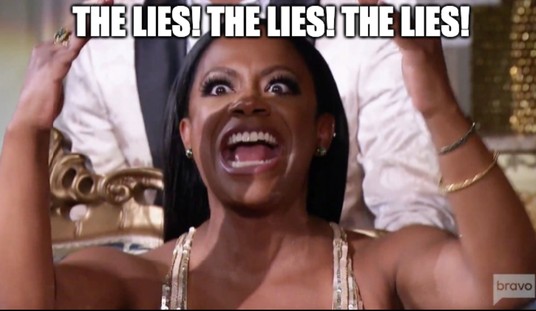Former President Donald Trump asks the question, as the graphic in the Fox News tweet illustrates, "Are you better off now than you were four years ago?"
'STEEL' CURTAIN: Trump echoes Ronald Reagan with former president's famous question at spirited swing state rally. The Republican presidential nominee shares his pitch to working Americans. https://t.co/3BebPtMPzU pic.twitter.com/qqUCMfq3ko
— Fox News (@FoxNews) October 20, 2024
It is a question that has been alluded to throughout presidential campaign history since the Gipper asked it in back in 1980, and it is a question that lies at the heart of all major elections. Now, former President Trump directly invokes the question. The essence of what that question asks can be broken down into two sub-questions that spring from it.
How is the current administration doing its job? Elections lead to the populating of government with officeholders to carry out its functions. A board of trustees shepherding a business makes decisions that affect who is employed and how employment decisions are made in that organization. The people make decisions, with votes, that affect who works in government and how governing policy is made. Thus, an appraisal of how the current occupants of elected positions are working is a prerequisite to a decision about for which candidate to vote. The "better off" nature of the voter, in various areas, can serve as a litmus test for how an administration is doing its job.
What is the direct personal impact of decisions made by the current administration? There is a self-centered aspect of voting that is beneficial overall to be considered. Out of the decisions of the many citizens, one continuum of government is maintained. Many viewpoints and preferences are taken into account. For instance, a person who wants more take-home pay may support a candidate who backs a reduced tax rate. It is a self-centered decision that has an overall benefit. That is different from the ignorance of a person voting a certain way because the union boss told him to do it or else. Ideally, elections would determine the difference between betters, not between the worst common denominators. Taking stock of how a person has been personally affected by the current administration's decisions is a way to find the answer to the "better off" question.
Recommended
Joining those two questions under the "better off" heading is a way to practically apply that which has now become a rhetorical hallmark of presidential politics.
Editor's Note: A quotation of former President Donald Trump taken from a Fox News graphic in this post is changed from "are you better off than you were four years ago" to "are you better off now than you were four years ago."
























Join the conversation as a VIP Member